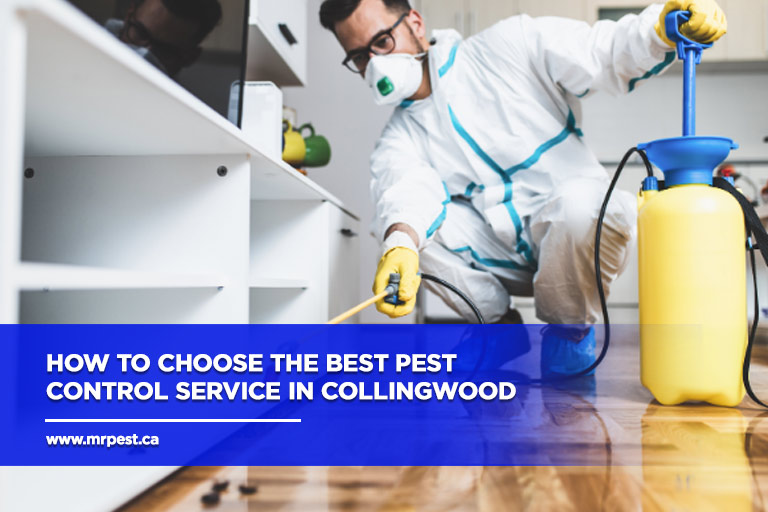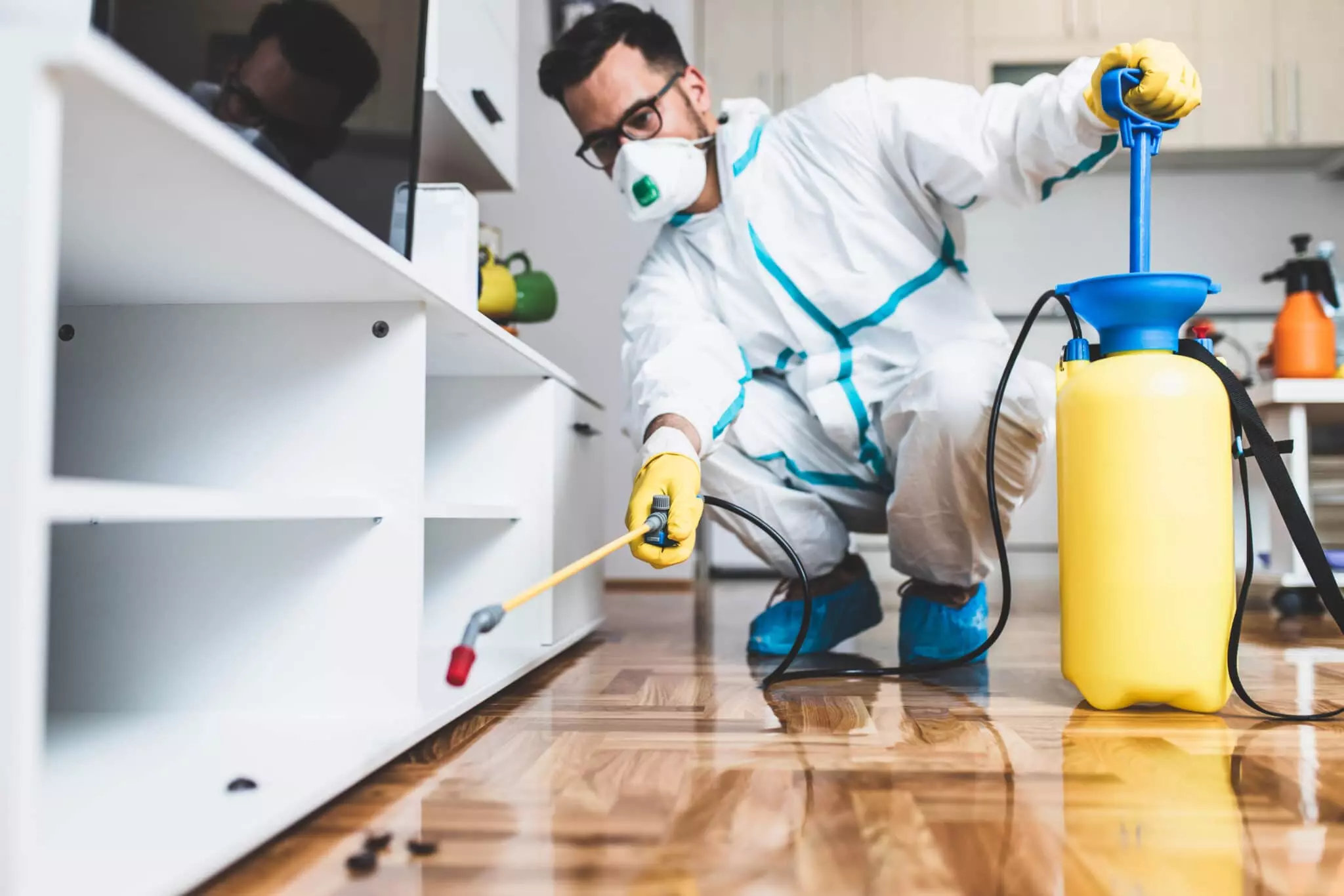Safe and Dependable Pest Control for Lasting Protection
Efficient parasite administration needs a multifaceted method that balances environmental integrity with the need for effective insect suppression. The nuances of these techniques might not be right away clear, triggering a closer examination of the methods that can lead to sustainable bug control results.
Understanding Pest Control Methods
Pest control encompasses a variety of techniques focused on handling and getting rid of undesirable insects and rats that can endanger both wellness and residential or commercial property. Recognizing these methods is critical for efficient bug management.
The key groups of insect control approaches consist of mechanical, organic, and chemical methods. Mechanical methods involve physical barriers and traps to stop parasite access and capture unwanted types. Utilizing displays on windows or employing sticky traps can significantly decrease insect populations without presenting unsafe substances - exterminator coquitlam.

Chemical bug control is typically the most recognized approach, making use of pesticides to eliminate parasites. These chemicals can be reliable yet must be made use of with care to avoid adverse effects on non-target species and the atmosphere.
Advantages of Eco-Friendly Solutions
Just how can green solutions change insect control methods? The adoption of environment-friendly pest control methods uses numerous benefits, significantly enhancing the performance and safety and security of pest monitoring.

One more benefit is the positive effect on local biodiversity. Green remedies are developed to target certain parasites while preserving helpful insects and wildlife, promoting a well balanced community. This strategy aligns with the growing consumer need for lasting techniques, improving the credibility of pest control service providers.
Integrated Parasite Management Strategies
The application of green solutions normally brings about the adoption of Integrated Parasite Management (IPM) approaches, which further boost pest control efficacy. IPM is a holistic technique that incorporates numerous strategies to manage bug populaces while minimizing environmental impact. This technique highlights making use of biological, cultural, mechanical, and chemical controls, making certain a well balanced and lasting approach of parasite management.
One essential aspect of IPM is the thorough evaluation of bug activity and ecological problems. By keeping an eye on insect populaces and determining their life process, experts can execute targeted interventions that interrupt the pest's environment or lifecycle, lowering dependence on chemical pesticides. Furthermore, cultural techniques such as plant turning and habitat control can dramatically decrease pest establishment and recreation.
An additional critical part is using biological control agents, such as useful pests or bacteria, which can naturally reduce pest populaces. When chemical applications are required, IPM prioritizes making use of low-risk chemicals and uses them selectively, reducing exposure to non-target organisms and human beings.
Including IPM approaches not just boosts bug control effectiveness however likewise promotes a much safer ecosystem, straightening with the expanding need you can try here for sustainable methods in bug monitoring.
Safe Practices for House Owners
Recognizing the value of secure practices in pest control can encourage homeowners to effectively take care of parasite concerns while protecting their health and wellness and the atmosphere. Implementing safe methods and preventive procedures is critical in minimizing direct exposure to unsafe chemicals.
Home owners must initially analyze their setting for conditions that attract insects, such as standing water, food, and mess waste. On a regular basis cleaning and sealing access factors can hinder bugs from invading the home. Using all-natural deterrents, such as vital oils or diatomaceous planet, can supply effective choices to chemical pesticides.
When chemical treatments are required, property owners need to choose items that are particularly identified as safe for residential use. It is necessary to comply with application standards carefully to stay clear of overexposure. In addition, using targeted treatments in locations where pests are identified, as opposed to blanket spraying, can considerably decrease chemical usage.
Lastly, preserving open communication with pest control experts is vital. Home owners must additional reading ask regarding the security of products made use of and request eco-friendly choices whenever feasible. By adopting these safe methods, homeowners can create a healthier living setting while efficiently managing pest problems.

Tips for Long-Term Defense
Developing a parasite management strategy that stresses lasting protection can substantially boost the effectiveness of the risk-free techniques previously discussed. To accomplish this, home owners ought to carry out regular evaluations of their residential property, concentrating on hidden locations such as attics, basements, and crawl rooms. Early detection of pest task is essential in protecting against invasions from taking hold.
Furthermore, maintaining a tidy setting is crucial. This includes proper food storage space, quickly cleaning up spills, and regularly taking care of waste. These practices decrease attractants that attract pests into the home. Additionally, sealing access factors, such as splits around doors and windows, can effectively block prospective pest access.
Landscape design ought to additionally be taken into consideration; maintaining plants cut and keeping a range between plant life and the home decreases concealing places for bugs. Using natural deterrents, such as necessary oils or diatomaceous earth, can better prevent invasions without turning to extreme chemicals.
Last but not least, teaming up with a specialist pest control solution for periodic assessments can provide an added layer natural pest control of protection. These professionals can provide customized suggestions and progressed therapies, guaranteeing that your home remains safeguarded versus pests in the lengthy term.
Final Thought
To conclude, trusted and risk-free insect control calls for a diverse technique that emphasizes environment-friendly approaches and incorporated insect management. By executing all-natural deterrents, carrying out routine assessments, and preserving appropriate sanitation, home proprietors can substantially reduce insect populations while safeguarding useful pests and the environment. Cooperation with professional pest control solutions improves the effectiveness of these methods, making certain tailored solutions that give long lasting defense and peace of mind against future problems.
Effective bug monitoring calls for a multifaceted strategy that stabilizes eco-friendly honesty with the requirement for effective bug suppression. The fostering of environment-friendly insect control approaches supplies numerous benefits, dramatically improving the effectiveness and security of insect management.The implementation of eco-friendly options naturally leads to the fostering of Integrated Insect Management (IPM) strategies, which further boost bug control efficiency. exterminator coquitlam. By keeping an eye on bug populaces and recognizing their life cycles, experts can carry out targeted interventions that interfere with the pest's habitat or lifecycle, decreasing reliance on chemical pesticides.In final thought, safe and reliable insect control calls for a complex technique that stresses environment-friendly techniques and integrated bug monitoring